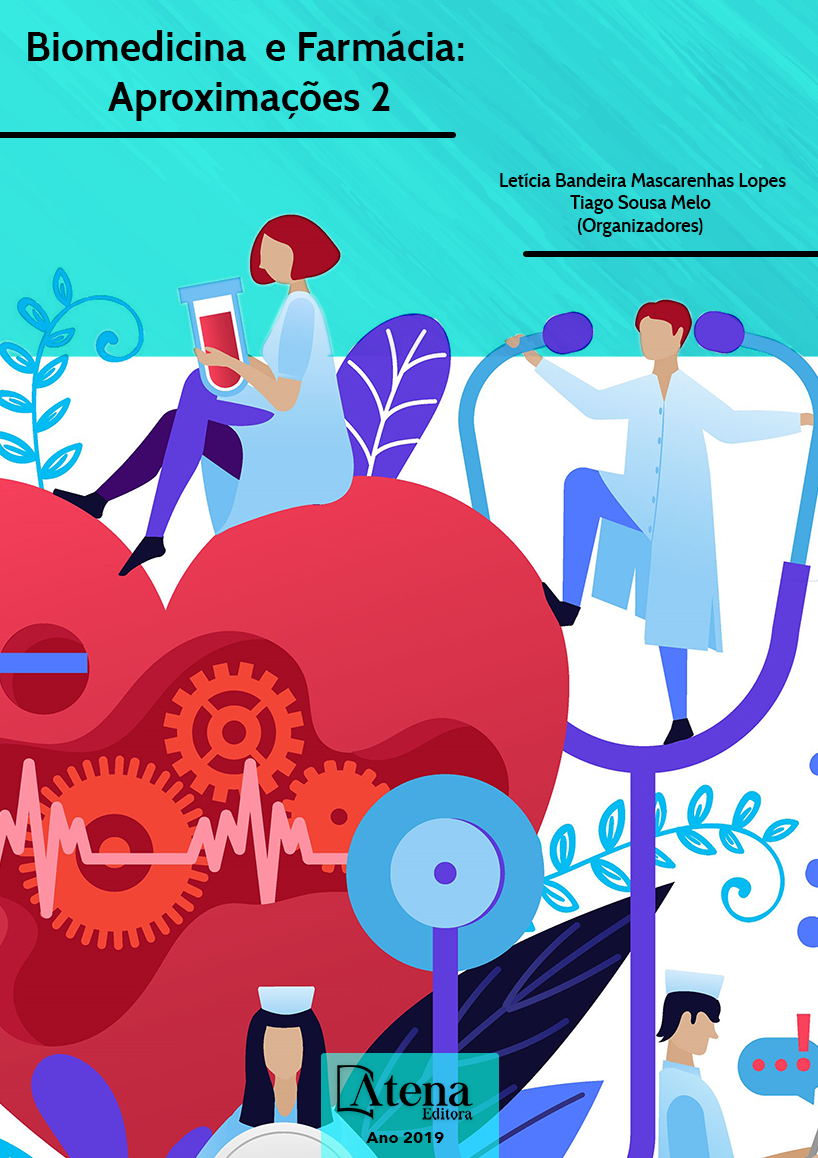
ATIVIDADE ANTIMICROBIANA DE PLANTAS DE USO POPULAR NO BRASIL: GOIABA (PSIDIUM GUAJAVA L.) E MELÃO DE SÃO CAETANO (MOMORDICA CHARANTIA)
O uso de plantas para fins medicinais
constitui uma prática difundida na Amazônia,
sendo a diarréia uma das patologias tratadas
pelos métodos tradicionais. No Brasil, a diarréia
é a segunda causa principal de morte infantil. O
objetivo deste trabalho foi verificar a atividade
antimicrobiana e a Concentração Inibitória
Mínima de goiabas (Psidium guajava L.) e
melão de São Caetano (Momordica charantia)
sobre E. coli e Salmonella spp. Este é um
estudo laboratorial experimental. Foi utilizado
o extrato etanólico (goiaba e melão de São
Caetano) com extrato puro e diluição (1: 1, 1:
2, 1: 4, 1: 8, 1: 10 e 1:16). Controles negativos
e positivos foram realizados. A avaliação da
atividade antimicrobiana ocorreu pela técnica
de difusão em ágar Mueller Hinton. Nenhuma
atividade antimicrobiana foi observada para
nenhum dos extratos testados. Em trabalhos
futuros, recomenda-se que outras abordagens
metodológicas sejam empregadas, com
métodos adequados de preparação e secagem
de extratos vegetais.
ATIVIDADE ANTIMICROBIANA DE PLANTAS DE USO POPULAR NO BRASIL: GOIABA (PSIDIUM GUAJAVA L.) E MELÃO DE SÃO CAETANO (MOMORDICA CHARANTIA)
-
DOI: 10.22533/at.ed.2311915049
-
Palavras-chave: Plantas medicinais. Extratos vegetais. E. coli. Salmonella.
-
Keywords: Medicinal plants. Plant extracts. E. coli. Salmonella.
-
Abstract:
The use of plants for medicinal
purposes constitutes a widespread practice in
the Amazon Region, with diarrhea being one of
the pathologies treated by traditional methods.
In Brazil, diarrhea is the second master cause
of infant death. The objective of this work was to
verify the antimicrobial activity and the Minimum
Inhibitory Concentration of guava (Psidium
guajava L.) and bitter melon (Momordica
charantia) on E. coli and Salmonella spp. This is
an experimental laboratorial study. The extracts
used were ethanolic (guava and bitter melon) with
pure extract test and dilutions (1:1, 1:2, 1:4, 1:8,
1:10 e 1:16). Negative and positive controls were
performed. The evaluation of the antimicrobial
activity occurred by the diffusion technique in
Mueller Hinton agar. No antimicrobial activity
was observed for any of the extracts tested.
In future works, it is recommended that other
methodological approaches be employed, with
adequate preparation and drying methods of plant extracts.
-
Número de páginas: 15
- Daniela Soares Leite
- Caroline Mendes Santos
- Carina Assis Lima Da Silva
- Carolina Azevedo Amaral


